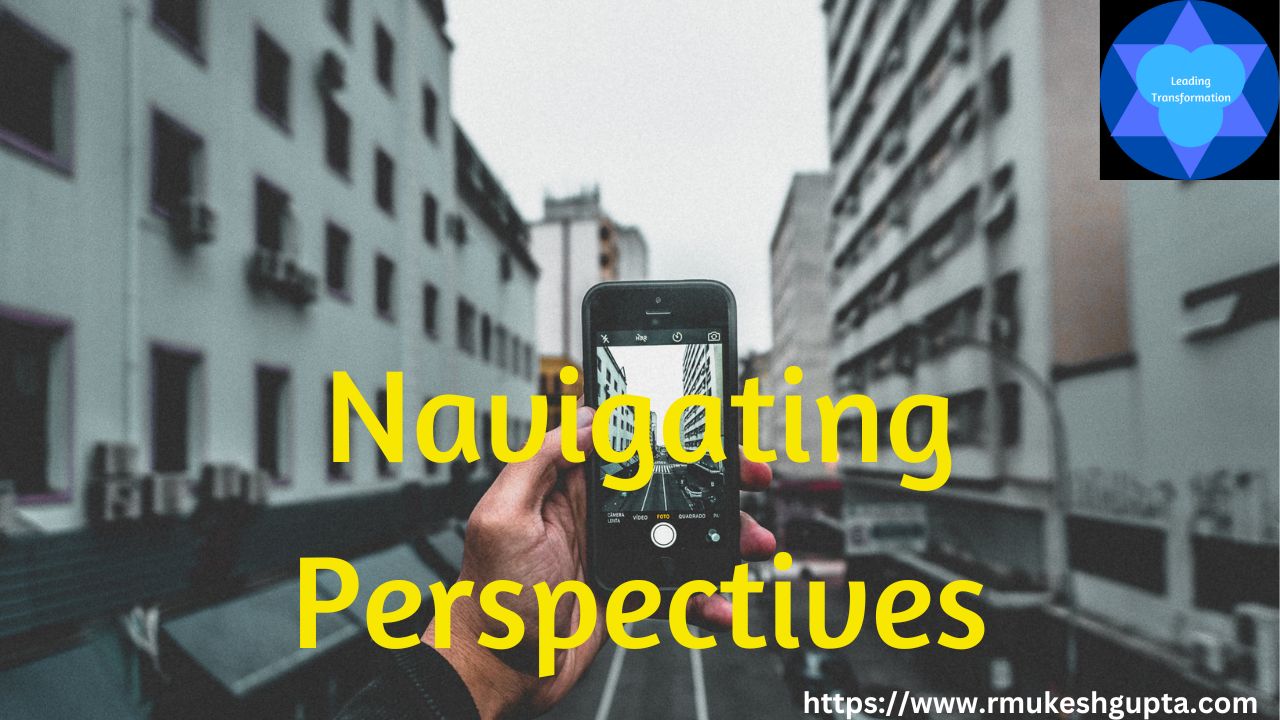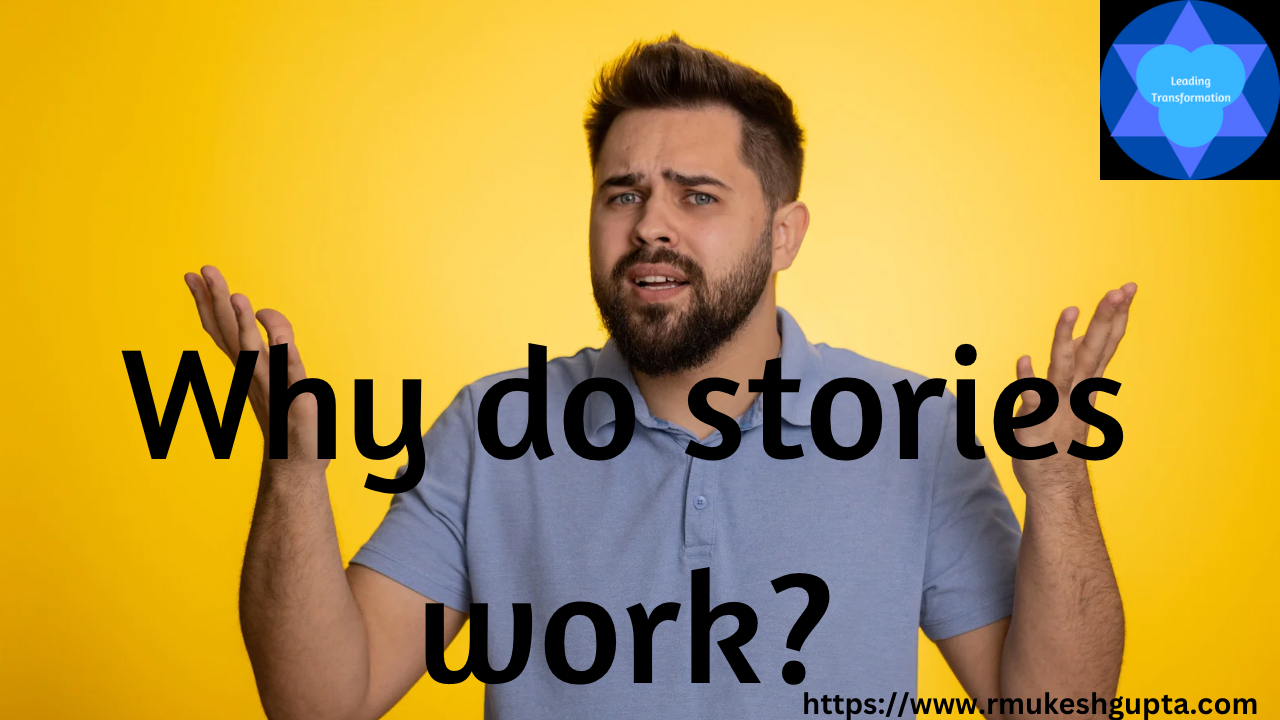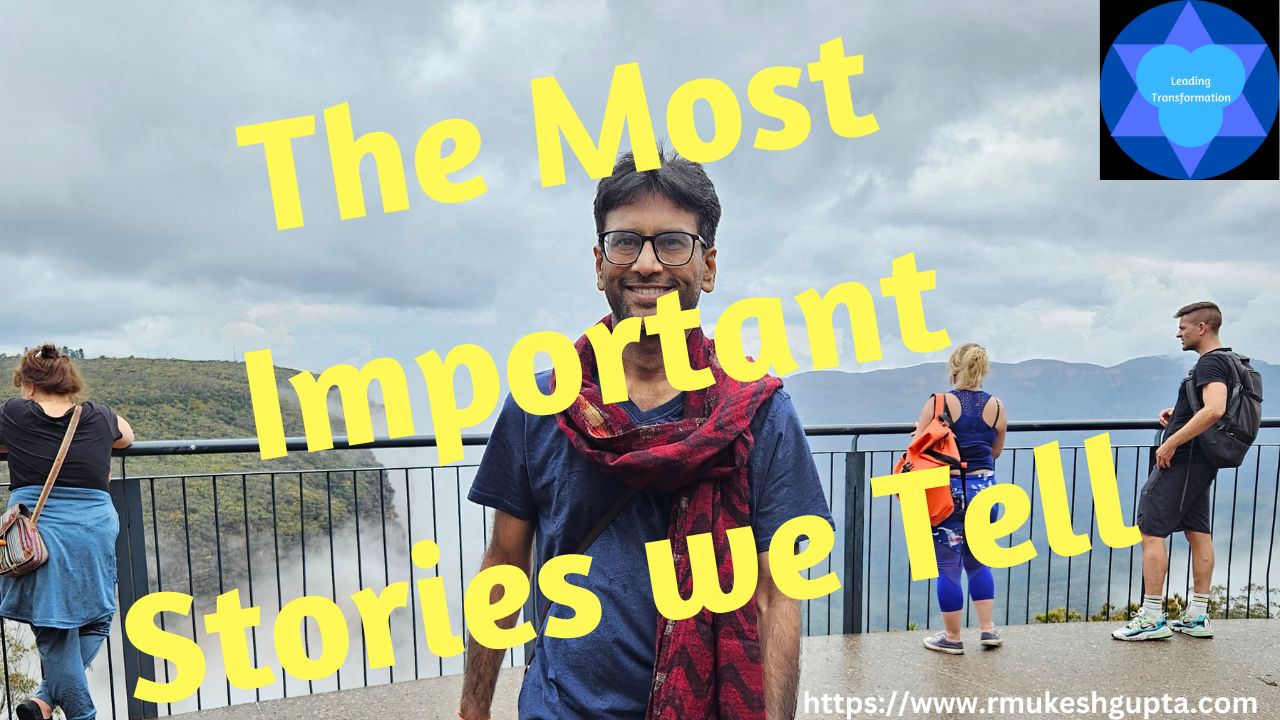NO WAY. THE HUNDRED IS THERE
The child
is made of one hundred.
The child has
a hundred languages
a hundred hands
a hundred thoughts
a hundred ways of thinking
of playing, of speaking.
A hundred always a hundred
ways of listening
of marveling of loving
a hundred joys
for singing and understanding
a hundred worlds
to discover
a hundred worlds
to invent
a hundred worlds
to dream.
The child has
a hundred languages
(and a hundred hundred hundred more)
but they steal ninety-nine.
The school and the culture
separate the head from the body.
They tell the child:
to think without hands
to do without head
to listen and not to speak
to understand without joy
to love and to marvel
only at Easter and Christmas.
They tell the child:
to discover the world already there
and of the hundred
they steal ninety-nine.
They tell the child:
that work and play
reality and fantasy
science and imagination
sky and earth
reason and dream
are things
that do not belong together.
And thus they tell the child
that the hundred is not there.
The child says:
No way. The hundred is there.
Loris Malaguzzi (translated by Lella Gandini)
The poem above was written by Loris Malaguzzi (in Italian) and translated by Lella Gandini into English. The poem is written as a manifesto to allow children to continue be children and explore their curiosity and develop in their own ways.
But wait, isn’t this blog about Leadership? What does this poem have to do about Leadership, you may ask.
It has a lot to do with leadership. Think of it this way – replace children with your employees and the schools with your organisations. Unfortunately, the entire poem still holds true.
We have employees who have a hundred ideas, perspectives and gifts that they have. But they are stifled into complying to their bosses and the organisational culture. If they want to show their individuality, it is frowned upon, sometimes explicitly, on their face and sometimes implicitly and behind their backs.
So lets not just allow but encourage our employees (and ourselves) to be their true authentic selves and listen to their idea and perspectives, include them as whole individuals with all their idiosyncrasies and create space for them to express themselves, all the while, funnelling their uniqueness, ideas and perspectives to unleash creativity and innovation to achieve our collective goals as teams.
PS: Watch me read the poem here.




